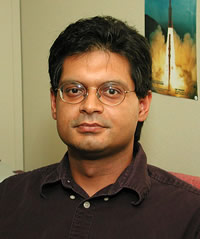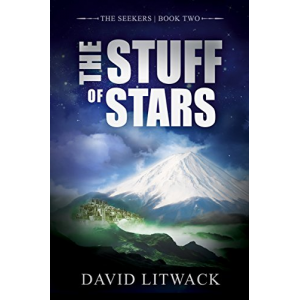- Author
- Book
- Story behind the book
- Media Links
- Reviews

Tahir Yaqoob
About

Peter and the Whimper Whineys Coloring Book
Description
<p><span style="color:rgb(24,24,24);font-family:Merriweather, Georgia, serif;font-size:14px;">This coloring book version of the best-selling “whine-stopper” children’s story was designed for kids to enjoy reading the rhyming, as well as being able to illustrate their own version of Peter’s nocturnal adventure into the woods.</span><br style="color:rgb(24,24,24);font-family:Merriweather, Georgia, serif;font-size:14px;" /><br style="color:rgb(24,24,24);font-family:Merriweather, Georgia, serif;font-size:14px;" /><span style="color:rgb(24,24,24);font-family:Merriweather, Georgia, serif;font-size:14px;">Peter’s mother warns him that if he doesn’t stop whining and crying, he’ll have to go live with the Whimper-Whineys. His adventure continues as he later hops into the woods and finds lots of frightening Whimper-Whineymen! He discovers that the Whimper-Whineys are very ill-mannered and rude, and that everything is sour in Whimper-Whineland. He decides his mother was right. If only he can get back home!</span><br style="color:rgb(24,24,24);font-family:Merriweather, Georgia, serif;font-size:14px;" /><br style="color:rgb(24,24,24);font-family:Merriweather, Georgia, serif;font-size:14px;" /><span style="color:rgb(24,24,24);font-family:Merriweather, Georgia, serif;font-size:14px;">According to a recent critique, “I cannot imagine any parent or guardian not wanting to read this book to their child! ... Parents everywhere applaud you!”</span></p>
Story Behind The Book
NOTE: Read the entire book for free if you are an Amazon Prime Kindle owner (borrow with no due date). There is a quiet revolution going on. An unprecedented number of planets outside of our solar system (exoplanets, or extrasolar planets) have been found, with an explosion in the number of discoveries in recent years. The collective human consciousness has arrived at a place that was inaccessible not long ago. Once upon a time, humanity had not even conceived questions such as, "Are there planets beyond our solar system?" or "Is there intelligent life on other planets?" Find out what has been happening in this rapidly advancing arena of human exploration, what these extrasolar planets are like, and why some traditional ideas face being thrown out. Get up to speed on the new science with "Exoplanets and Alien Solar Systems." The book is aimed at the layperson, offering translations of astrophysics into plain language, yet it has enough depth in annotated reference notes to the original scientific literature that it will also be useful for those with a greater science background, including teachers and professional scientists. The book will help educators to begin to incorporate the study of extrasolar planets into the curriculum at all academic levels. It is being said by experts in the field that astronomy books will have to be rewritten because of new and unexpected discoveries about the alien worlds. The rewriting has already begun with "Exoplanets and Alien Solar Systems." In particular, the book addresses the problems faced by current planet formation and migration theories head on instead of marginalizing the difficulties, and discusses some new lines of investigation.
Media Links
Reviews
"In this book, Dr. Yaqoob takes the reader to a journey of recent discoveries. He is able to translate complex subjects and techniques using a very simple language and make those more accessible to the general audience."<div>"The author talks to the reader and keeps the reader wanting more and more. It was hard to avoid flipping fast to the next and see what was next."</div><br /><div><em>Prof. D. F. de Mello, Washington, D.C.</em></div>






